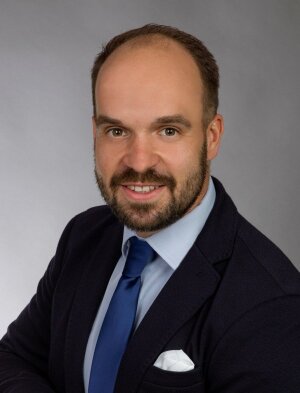Stefan van der Hoek
The Religious Landscape of Brazil and the Historicization and Humanization of Geographical Spaces
van der Hoek
Image: PrivatPersonal information:
Stefan van der Hook
stefan.van.der.hoek@uni-jena.de
Research interests related to Diaspora:
- Negotiation of group membership and construction of identities within religious minorities and diasporas
- Transnational migration and organizational structures
- Global knowledge transfer
Provisional working title of the habilitation project: The Religious Landscape of Brazil and the Historicization and Humanization of Geographical Spaces
Abstract:
NA
Funding: Walter Benjamin Scholarship (DFG)
Current projects:
Transnational Religious Education and Migration Sensitive Perspectives, Evangelische Hochschule Rheinland Westfalen Lippe and Princeton Theological Seminary, Deutsche Forschungsgemeinschaft (DFG); August-November 2025
Publications:
For a full list of publications, click herepdf, 225 kb · de
